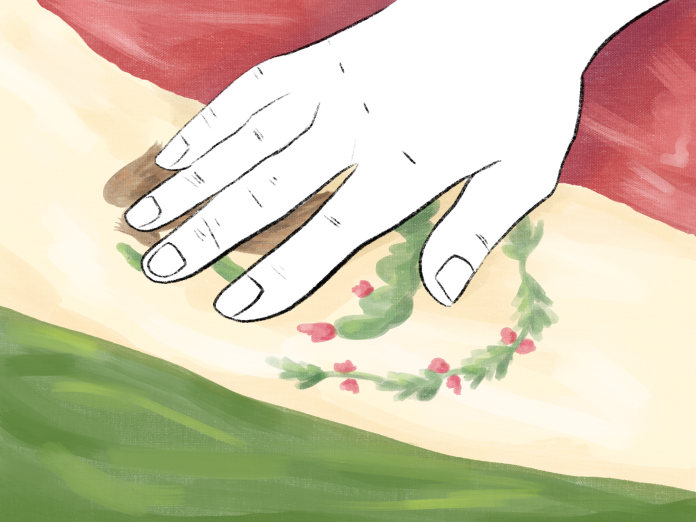Ariel Andres
Contributing Writer
The descendants of immigrants often face the unique challenge of keeping the flame of their family’s heritage alive in a new country. As the child of immigrant parents from Mexico, that challenge has become a significant part of my life — although it has been especially difficult for me.
Before I describe those difficulties, I want to reflect on two things that I have realized about heritage. The first is that to keep heritage alive in someone’s heart and mind, you need to consistently expose them to all the rituals, traditions, and idiosyncrasies of that heritage.
This is especially important when it comes to someone young because they are still in a highly impressionable phase in their life where they are constantly exploring both the outer world around them and their own inner world. The older someone gets without experiencing their heritage, the more likely they are to forget about it and focus on the culture that is right in front of them. In our day-to-day lives, we are constantly bombarded with all sorts of problems. If someone doesn’t feel the need to prioritize their heritage, it gets thrown out the window into a pile of other things we deem to be less important.
The second is that heritage is inculcated in someone by two sources: their family and the surrounding community. The family lays down the heritage’s foundation, and the community reinforces it. With those two elements in mind, I now want to share my story about the complex relationship between my heritage and I.
One night when I was seven, my mother and father got into a big argument, much bigger than all the ones before. Alcohol and cops were involved. At that moment, my mother decided that our environment at home was unsafe. She took me to a friend’s house so I would be away from my father that night. I was supposed to see him again the following day, but that didn’t happen. I also didn’t see him the following week, month, or year. It wasn’t until I was about 11 years old when I got to see him again, and even then it was only a few times a year, for a few hours at a time.
Not only did my father’s presence begin to diminish from my life during those years, but his side of the family began to as well. This made an impact in my life because his side of the family was my only family that lived in the United States (U.S.), while my mom’s family was almost entirely in Mexico.
In short, there wasn’t much family around to keep the Mexican heritage alive in me. My mother did her best to take on that job, but it was such a daunting task to take on, especially since she was already focused on working and ensuring we had a roof over our heads.
None of the places my mom and I lived in had a sizable Hispanic population. Glendale was mostly Armenian. Alhambra was mostly Asian. Pasadena and St. George, Utah were mostly white. Every time we moved, the string that connected me to my heritage got thinner and thinner.
By the time we moved to Pomona, California — a Hispanic dominant city — that string was nearly nonexistent. I was not exposed to quinceañeras (a big celebration for a girl’s 15th birthday), Catholic Christmases (my mother was Mormon), posadas, and all the other Mexican traditions and rituals. My lack of these experiences removed both of the aforementioned cornerstones that typically keep the flame of heritage alive: family and community.
Interestingly, while my connection to my Mexican heritage got weaker, my connection to my American heritage got stronger. I did not have a family to pass on the American heritage to me, but I did have a community. No matter the city I lived in, the U.S. was always there. It was in the language, the food, my schools, and everywhere else.
The more I learned about the U.S., the more fond I became of it and the more I identified as an American. Granted, I knew that there were plenty of faults with this country, but it’s still the country that has been there with me all my life and has given me so many opportunities to make something of myself.
After I graduated high school, I permanently reunited with my father and now live with him. Since I see his side of the family more often, I’ve been given the opportunity to rekindle the spark of my Mexican heritage. However, there is some part of me that’s hesitant to do so, and I’m not exactly sure why. I’m not sure if it’s because I’m insecure about not being Mexican enough, which makes me want to just stay away from it, or that since I’ve been cut off from my Mexican heritage for so long, it no longer feels like it’s a part of me.
Nevertheless, I know I’d feel guilty if I just let that side of my life fade away into nothingness. It feels as if going down that route means abandoning my family and history as well. Many people talk about the importance of having a connection to your roots, and I wonder if I’d be leaving my roots behind by not trying to delve into my Mexican heritage.
I am uncertain about which path is the right path, or if there even is a right path, but I know that there are many other first-generation children in the same shoes as me. I hope that they know they are not alone in facing these questions about heritage and identity.











